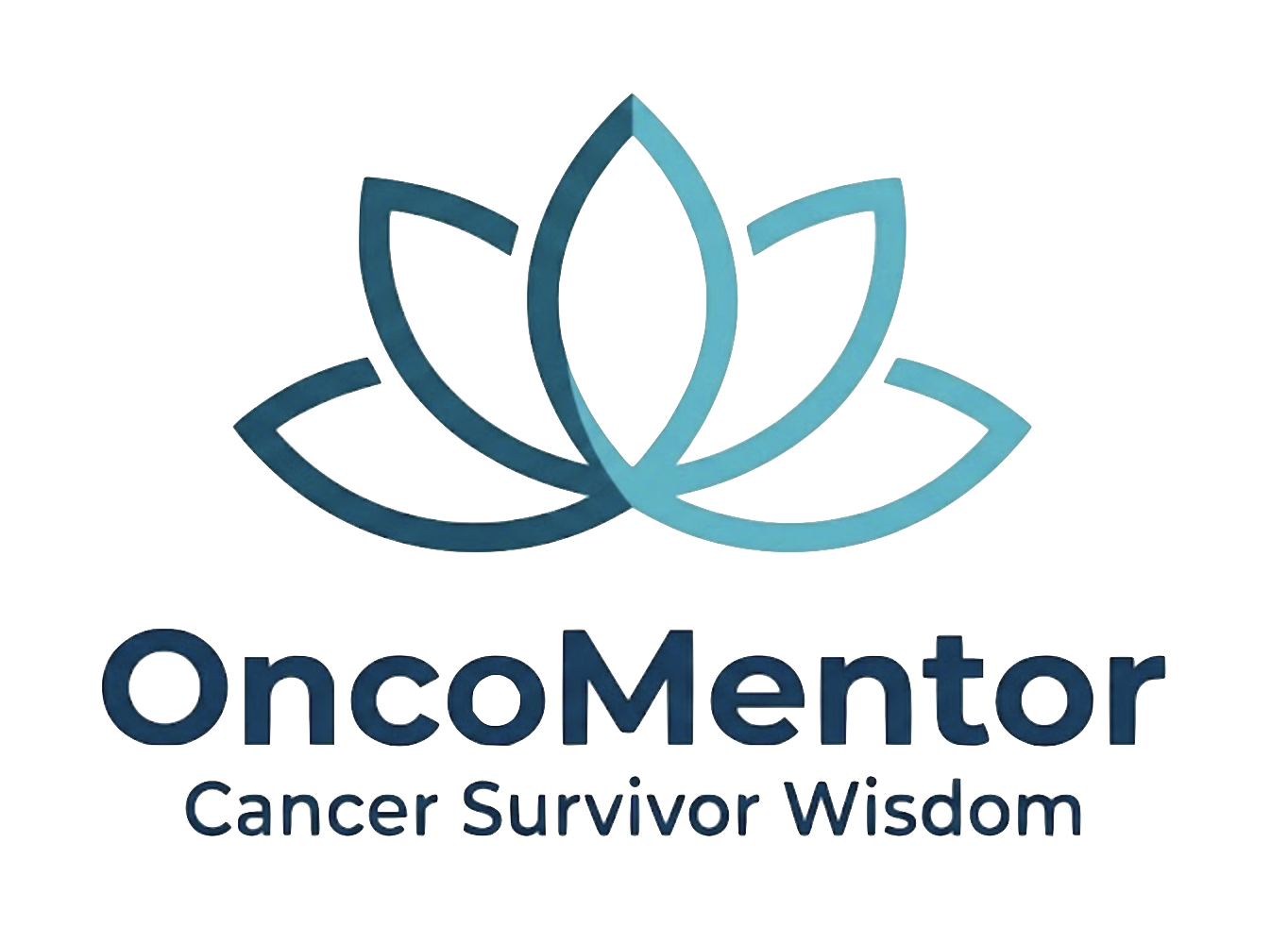Part 5: A Look at Medical and Supplemental Treatments for Brain Fog
While lifestyle interventions form the bedrock of managing Cancer-Related Cognitive Impairment (CRCI), many survivors are understandably curious about medical treatments. They often ask: "Is there a pill I can take for this?" The short answer, for now, is no. Currently, there are no medications specifically approved by the Food and Drug Administration (FDA) to treat CRCI. However, this doesn't mean that research is at a standstill. The medical community is actively investigating several avenues, repurposing existing drugs and exploring supplements to see if they can offer relief.
The most studied category of drugs for CRCI includes psychostimulants, such as methylphenidate (Ritalin) and modafinil (Provigil), which are typically used to treat Attention-Deficit/Hyperactivity Disorder (ADHD) and narcolepsy. The logic is straightforward: since these medications are designed to improve focus, attention, and wakefulness, they might also help alleviate the cognitive sluggishness of brain fog. While some smaller studies have shown modest benefits, the results have been inconsistent. According to the National Cancer Institute's detailed summary of evidence, larger, more definitive trials are still needed before these drugs can be recommended as a standard treatment.
Other medications being explored include those that target specific brain chemicals or pathways believed to be disrupted by cancer treatment, but this research remains in the early stages. The primary challenge for scientists is the complexity of CRCI itself. As we discussed in Part 2, it stems from multiple causes—including inflammation and direct cellular damage—making it difficult to find a single "magic bullet" that works for everyone.
The landscape of dietary supplements is equally complex and requires significant caution. Products like ginkgo biloba, ginseng, and various vitamin formulations are often marketed for cognitive enhancement. However, robust scientific evidence supporting their effectiveness specifically for CRCI is very limited. It's crucial for survivors to understand that "natural" does not always mean "safe." Supplements are not regulated with the same rigor as pharmaceuticals and can interfere with ongoing cancer treatments or other medications. Before starting any new supplement, an open and honest conversation with your oncologist is essential to avoid unintended harm.
For now, the most reliable path forward remains a combination of the strategies discussed in Part 4: cognitive rehabilitation, physical exercise, and stress management. These non-medical approaches are supported by the strongest evidence and carry the fewest risks. While the search for an effective medical treatment continues, these empowering lifestyle changes offer the most promising route to navigating the fog.
We have now covered the definition, causes, diagnosis, and management of CRCI. In the final part of our series, we will address the profound impact of brain fog on daily life—from work and relationships to a survivor's sense of self—and offer strategies for coping and communication.
This article is for informational purposes only and does not constitute medical advice. The content is not intended to be a substitute for professional medical advice, diagnosis, or treatment. Always seek the advice of your physician or another qualified health provider with any questions you may have regarding a medical condition. Never disregard professional medical advice or delay in seeking it because of something you have read in this article.
National Cancer Institute. (2024, May 10). Cognitive Impairment in Adults with Cancer (PDQ®)–Health Professional Version. National Institutes of Health. Available at: https://www.cancer.gov/about-cancer/treatment/side-effects/memory/cognitive-impairment-hp-pdq
American Cancer Society (ACS). (2023, October 24). Chemo Brain. Available at: https://www.cancer.org/cancer/managing-cancer/side-effects/changes-in-mood-or-thinking/chemo-brain.html
Janelsins, M.C., et al. (2018). Interventions to Alleviate Cancer-Related Cognitive Impairment: A Systematic Review. Journal of Clinical Oncology, 36(16), 1643-1650. Available at: https://ascopubs.org/doi/full/10.1200/JCO.2017.76.6521





